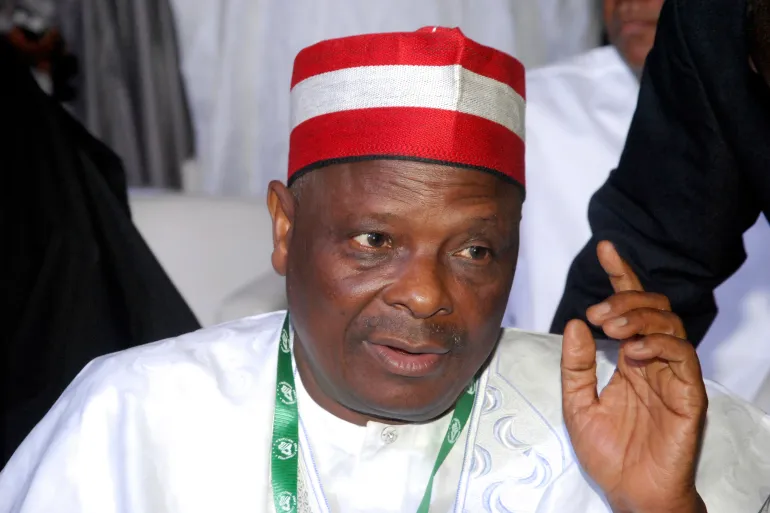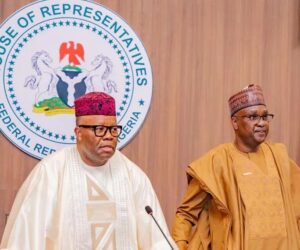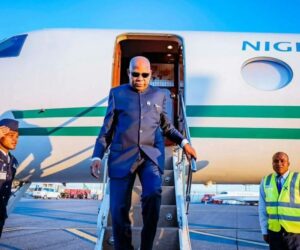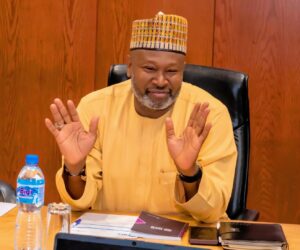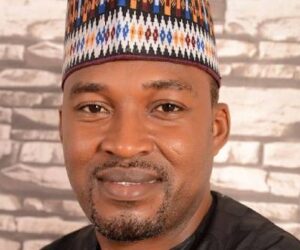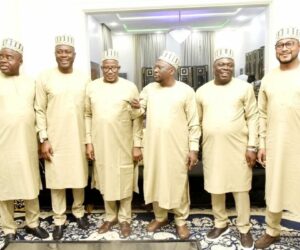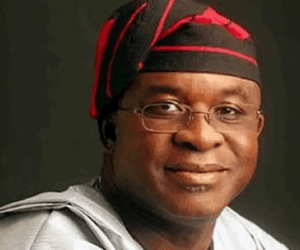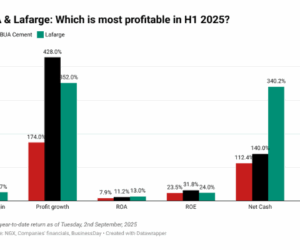New Nigeria Peoples Party (NNPP) 2023 presidential candidate, Rabiu Musa Kwankwaso, has called on the United States to back Nigeria with advanced security technology rather than threaten military intervention over allegations of Christian persecution.
Kwankwaso’s message, posted on X Sunday evening, came after U.S. President Donald Trump designated Nigeria a “country of particular concern” and warned of possible troop deployment, alleging that Christians face “an existential threat” from Islamist extremists.
Framing Trump’s remarks as inflammatory and counterproductive, Kwankwaso said Washington should focus on strengthening Nigeria’s security capacity instead of heightening tensions.
“The United States should assist the Nigerian authorities with cutting-edge technology to tackle these problems, rather than posing a threat that could further polarise our country,” he wrote.
Read Also: Insecurity: Tinubu well ahead of U.S. plans, to meet Trump soon – Presidency
Trump, in a Truth Social post on Friday, claimed thousands of Christians had been killed and warned that the U.S. could halt aid to Nigeria and “go in… ‘guns-a-blazing’” to “wipe out the Islamic terrorists.” He said he had instructed the U.S. Department of War to prepare for swift action.
Kwankwaso countered this narrative, stressing that Nigeria’s security challenges are driven by diverse criminal networks—not a singular religious conflict. Insecurity, he said, affects Nigerians across faiths and ethnicities.
“Our country faces different threats from outlaws across the country. The insecurity we face does not distinguish based on religious, ethnic, or political beliefs,” he noted.
Positioning himself as a pro-dialogue voice, Kwankwaso urged the Nigerian government to intensify diplomatic engagement with Washington. He advised appointing special envoys and filling vacant ambassadorial posts to prevent mischaracterisations of Nigeria’s internal dynamics.
He also appealed for national unity, warning Nigerians against divisive rhetoric at a sensitive moment. “This is an important moment where we should emphasise unity of belonging over division,” he wrote.
The Tinubu administration has similarly dismissed Trump’s characterisation of Nigeria, insisting that claims of a Christian genocide misrepresent the country’s religious tolerance and the government’s security efforts.
In a personally signed statement, President Bola Ahmed Tinubu said: “The characterisation of Nigeria as religiously intolerant does not reflect our national reality, nor does it recognise government efforts to safeguard freedom of religion and belief.”
Trump’s remarks have created an avoidable flashpoint, and Kwankwaso’s response puts the focus back on cooperation. The moment now tests whether both governments can steer the issue toward practical security support instead of political confrontation — and whether Nigeria can strengthen its diplomacy enough to control its own narrative.

